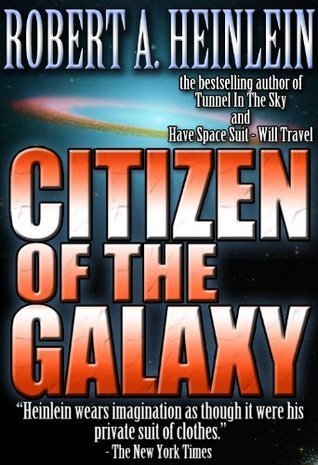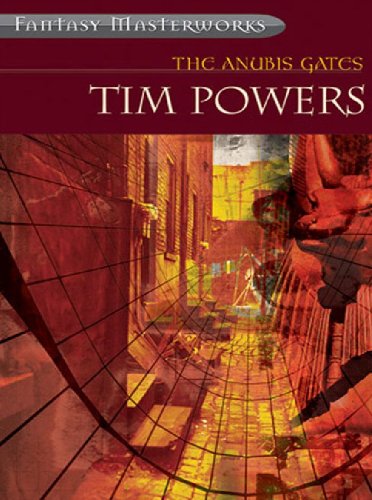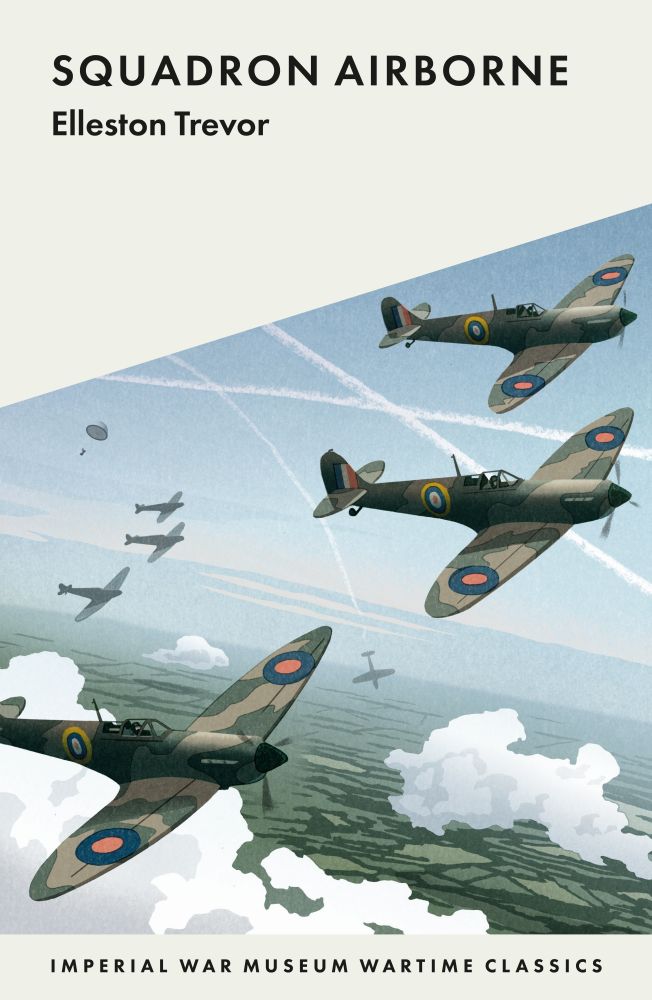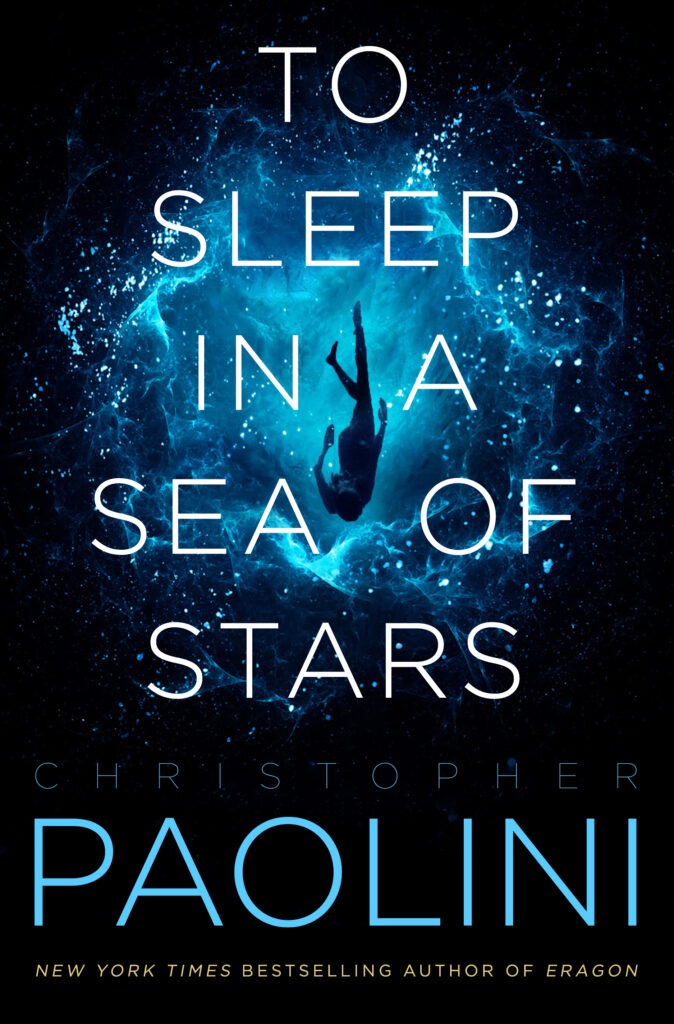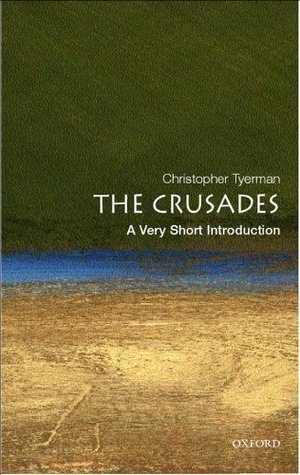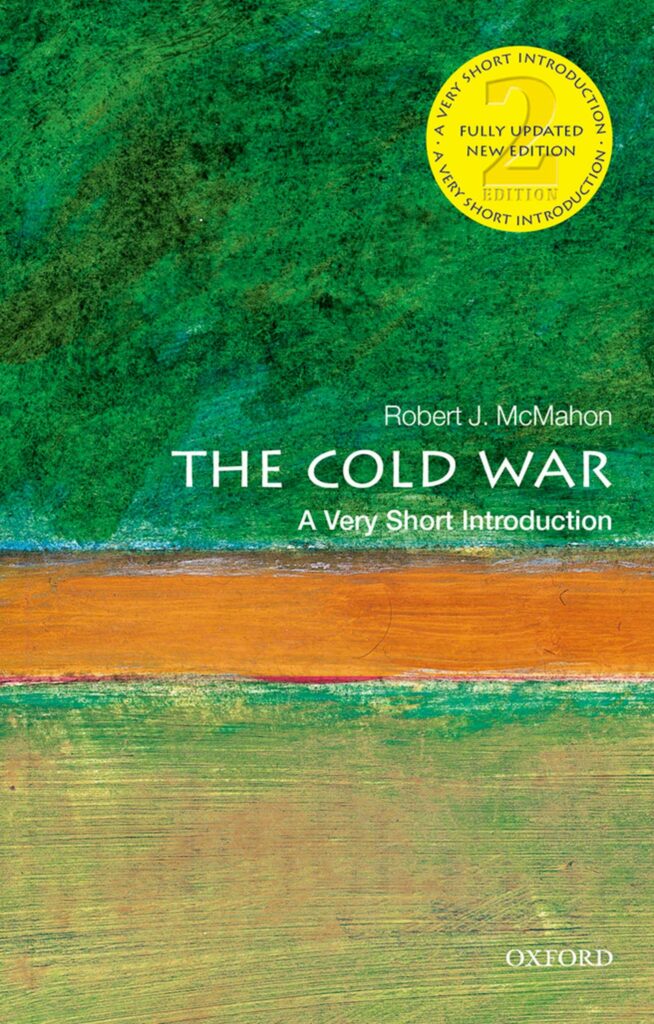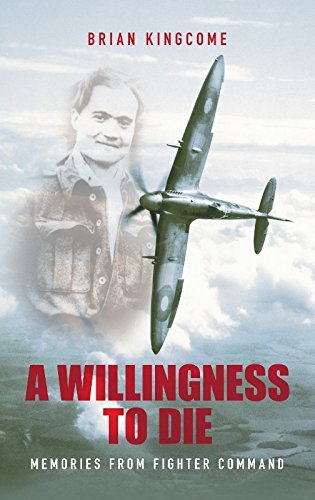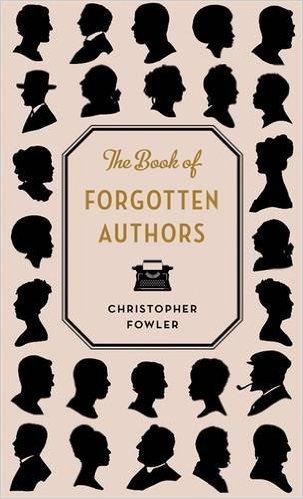
There is a memorial plaque screwed to a bench in my local park. “John Townson, greatly missed, never forgotten.”
I remember John Townson. I do miss him. But the plaque would be more honest if it read: “John Townson, greatly missed, will be utterly forgotten in 80 years.”
The vast majority of us make our way through this world and then leave it, to some regret, some tears, and protestations of eternal remembrance. But the truth is that most of us will be completely forgotten within two generations of our deaths.
Writers hope to escape this forgetting, that by their books they might achieve an immortality that their bodies cannot. Unfortunately, a visit to any second-hand bookshop will show this not to be the case: shelves of unread books by forgotten authors.
Which is where Christopher Fowler came in. For a decade he wrote a newspaper column in which he revitalised the work of a forgotten writer, and these columns are collected in this book. The majority of the writers, like Fowler himself, write in the detective/thriller genre and most I had indeed never heard of (although one glaring exception is Georgette Heyer: I would be delighted for my work to be as ‘forgotten’ as hers).
The book is a collection of lives and Fowler’s sometimes waspish, sometimes warm, assessments of their work. At the end of it, any bibliophile will be left with a list of writers to investigate.
And I was left with the hope that when I am dead, some other writer of Fowler’s talent might come along, take my dusty books from a forgotten shelf, and introduce them again to new readers.

